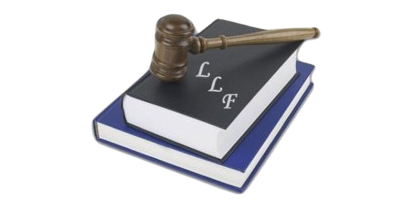In the modern business and banking environment, cheques serve as one of the most trusted modes of payment. They are not just pieces of paper but symbols of trust and financial integrity between the drawer (issuer) and the payee (receiver). However, when a cheque is dishonored or “bounced,” it can lead to significant financial and legal consequences. To regulate this, the Negotiable Instruments Act, 1881, particularly Section 138, provides a detailed framework to address cheque bounce cases in India.
What is a Cheque Bounce?
A cheque bounce occurs when a bank refuses to honor a cheque presented for payment. The most common reasons include:
-
Insufficient funds in the drawer’s account.
-
Signature mismatch or alterations in the cheque.
-
Stop payment instructions issued by the drawer.
-
Account closure or expiry of the cheque’s validity.
A bounced cheque not only causes financial loss but also affects the credibility of the issuer.
Legal Provisions under Section 138 of the Negotiable Instruments Act
Section 138 specifically deals with dishonor of cheques for insufficiency of funds and lays down the procedure to take legal action:
-
The cheque must be issued for the discharge of a legally enforceable debt or liability.
-
The cheque must be presented to the bank within 3 months from the date of issuance or within the validity period, whichever is earlier.
-
Upon dishonor, the payee must send a legal notice to the drawer within 30 days of receiving information from the bank.
-
The drawer has 15 days to make the payment after receiving the notice.
-
If payment is not made within 15 days, the payee can file a criminal complaint within 30 days of the expiry of this period.
Punishments for Cheque Bounce
Violation of Section 138 attracts both criminal and financial consequences:
-
Imprisonment of up to 2 years.
-
Fine up to twice the cheque amount.
-
Or both imprisonment and fine.
These strict penalties ensure accountability and maintain trust in financial transactions.
Importance of Cheque Bounce Law
-
Protects Payee Interests – Ensures rightful recovery of funds.
-
Maintains Trust – Upholds reliability in business dealings.
-
Deters Fraudulent Practices – Discourages misuse of cheques.
-
Legal Remedy – Provides a clear process to resolve disputes effectively.
Practical Tips to Avoid Cheque Bounce
-
Always ensure sufficient funds in your account before issuing a cheque.
-
Avoid alterations or corrections on cheques.
-
Regularly update your bank account details and maintain active communication with the bank.
-
Keep a record of issued cheques and monitor their status closely.
Conclusion
The Cheque Bounce Law under the Negotiable Instruments Act is a critical tool for maintaining financial discipline and trust in commercial transactions. It not only protects the interests of the payee but also enforces accountability on the drawer, ensuring that cheques remain a reliable instrument for business and personal transactions.
